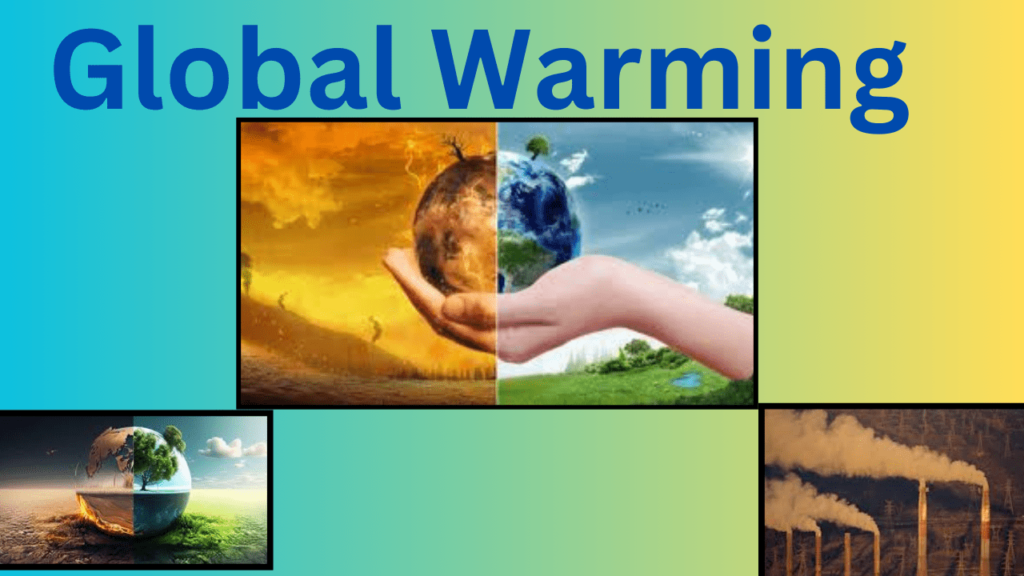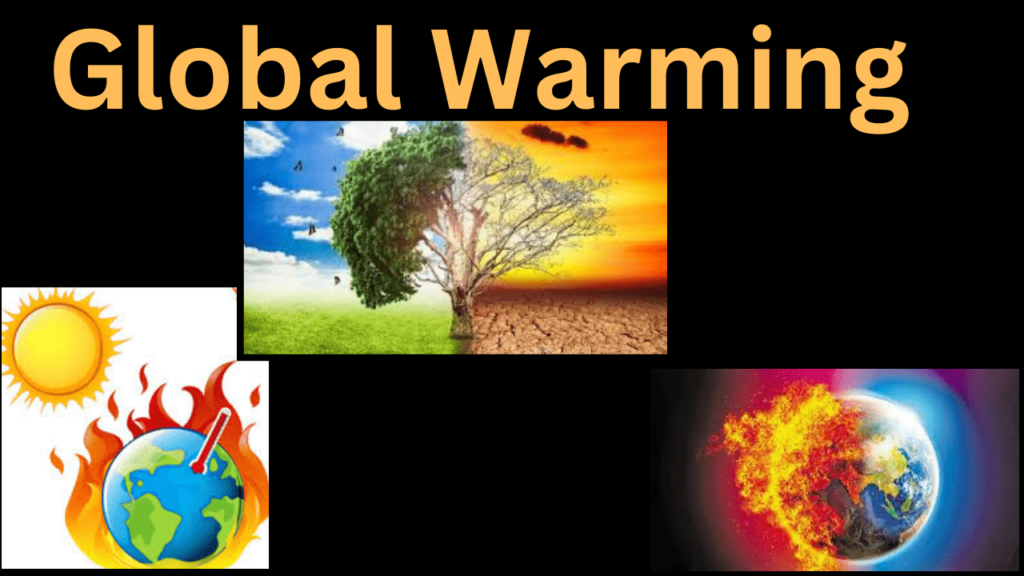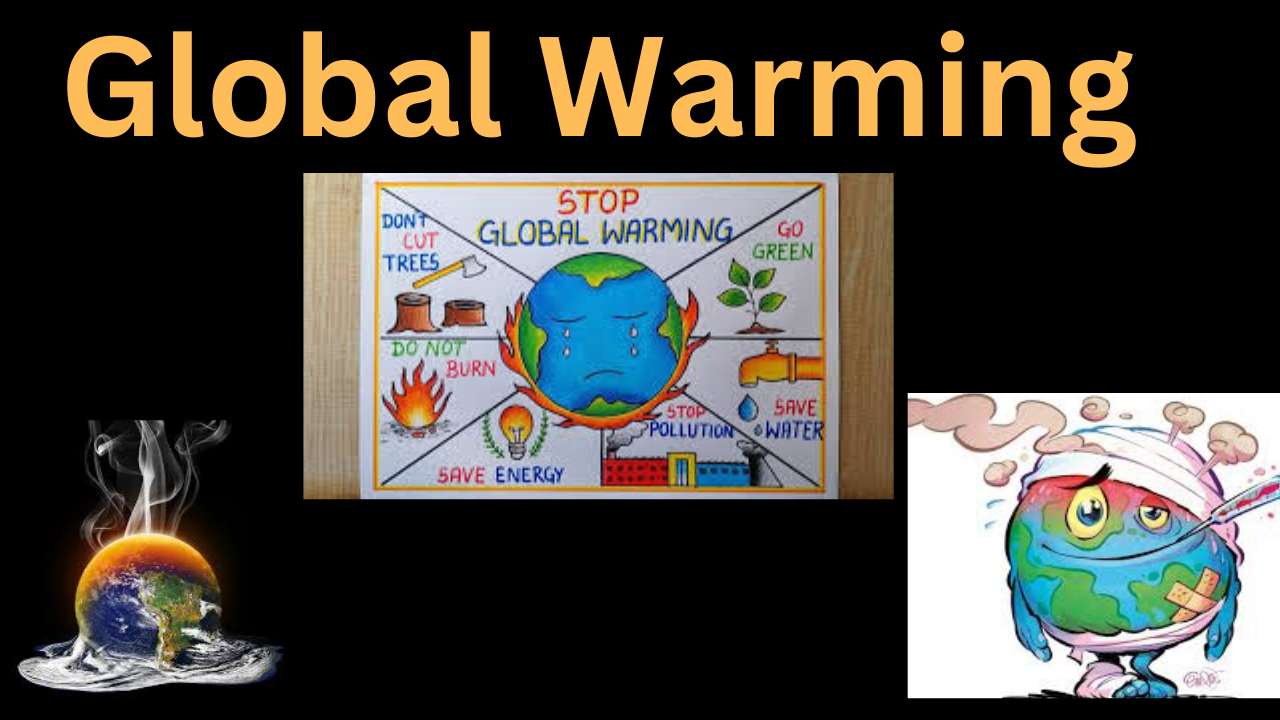According to a recent study, climate change in india our days are becoming longer because of global warming.
The earth rotates with irregularity due to a number of reasons including why it slows down and speeds up depending on which directly affect how long the day is.
Table of Contents
Over time, the largest effect on Earth’s rotation has been tidal friction caused by the Moon, with 2.4 milliseconds being added each century.
climate change in india rebounding mantle
Strong earthquakes occurring all over the world; rebounding mantle towards the poles since latest glaciation period; friction with atmosphere and spin rate of Earth’s solid iron core have small effects.

However, global warming is new element that is likely to surpass even influence of Moon on rotation of our planet in future.
As we burn more fossil fuels, more greenhouse gases are released into the atmosphere thereby heating up the globe. This leads to loss of ice from both polar regions such as sea ice and ice sheets in addition to its resultant melt water that therefore spreads out into oceans across earth.
climate change in india Earth’s axis will slow?
As a result, millions of tons in mass move away from earth’s axis towards the equator.
This change in mass distribution away from Earth’s axis will slow its rotational speed just as a skater spinning can slow his or her rotation by extending their arms outwardly.
Due to these variations in the earth’s rotation, we might have to add a leap second to our clock and as a result, change the duration of our day. They can also affect how GPS satellites work and even missions to other planets.

Co-author Benedikt Soja, an ETH Zurich professor of space geodesy (the study of Earth’s geometry, gravity, and spatial orientation using satellite data), said: “Even if the Earth’s rotation only changes slowly, this effect must be taken into consideration when navigating in space”.
For instance, because of shifting spin on the planet, a slight mistake in the launch window could cause a spacecraft to be hundreds of meters off course which is enough to risk the entire mission during millions of kilometers towards Mars.
Over time, this effect can be slowed by stabilizing the rise in Earth’s temperature especially via rapid transition from fossil fuels into clean energy sources.
According to scientists, at some point if emissions continue increasing reaching up to 2.62 milliseconds per century then its pace for elongating days may outstrip tidal frictional effects from moon.
Soja stated that “we humans have a greater impact on our planet than we realize” and hence it does carry with it great responsibility for us regarding what happens next on earth”.







